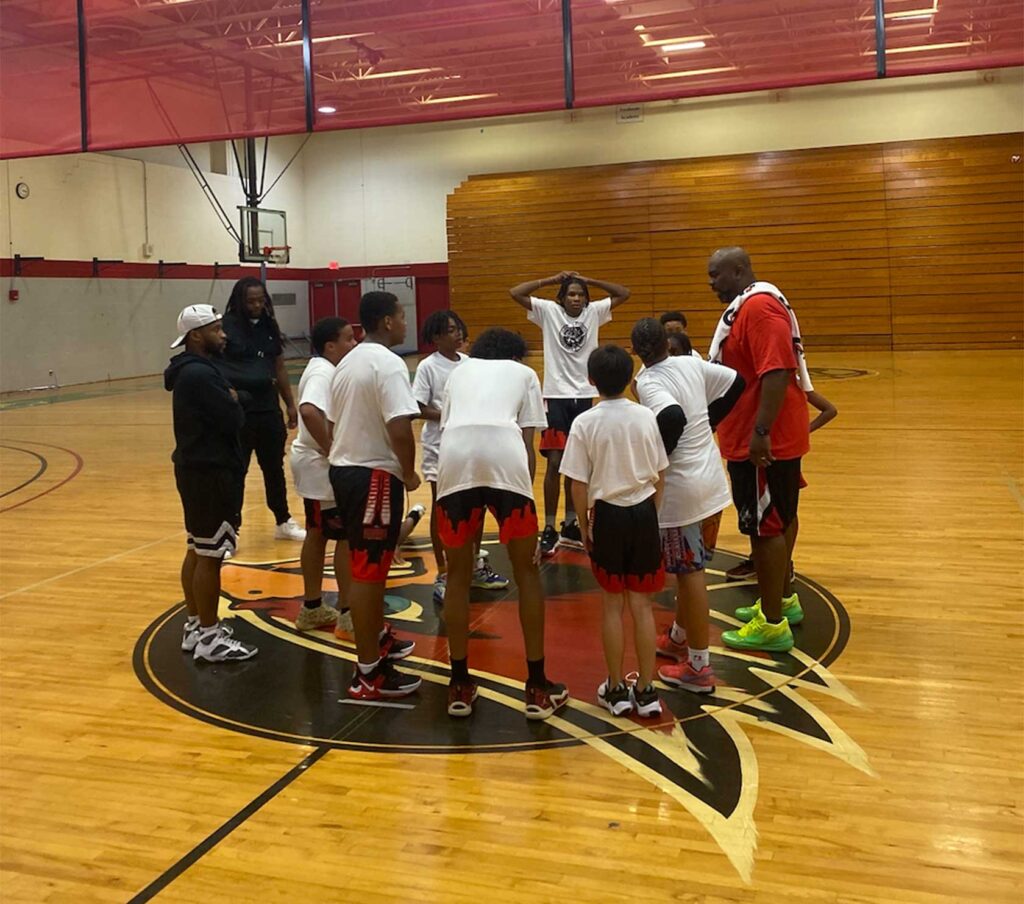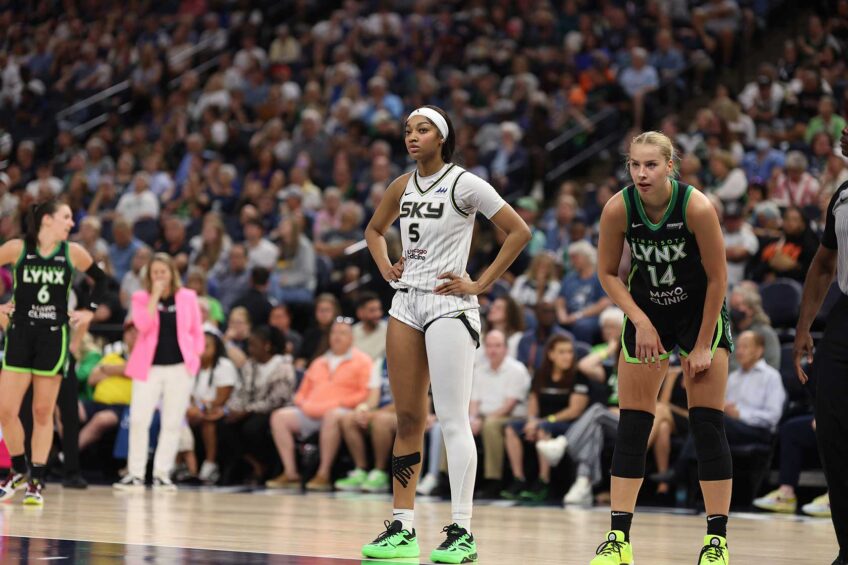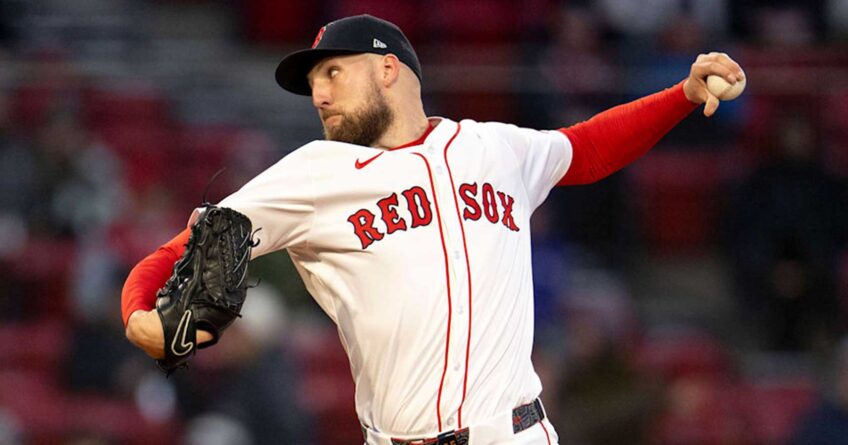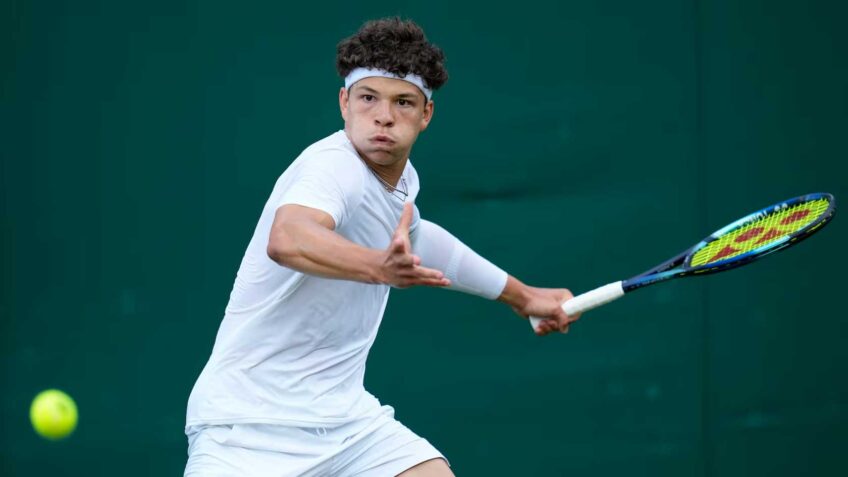Black coaches gather in show of community in Roxbury
Coaches, refs share career struggles and successes

Young athletes ran through basketball drills and plays, while veteran Black coaches and athletic directors shared their battle scars — and lessons learned — about overcoming racial, cultural and other barriers in high school and college sports.
“I truly believe that sports are a microcosm of life,” said Michael Jackson, the athletic director at Newton North High School, one of several athletic directors, coaches and other administrators who participated in the Black Coaches Clinic.
The event, held Oct. 21 at Madison Park Vocational Technical High School in Roxbury, aimed to promote increased representation of coaches who identify as Black, Indigenous and other people of color in senior-level positions of scholastic sports.
It also aimed to create space for young people to network with the professionals and prepare for the future. But also critical, organizers said, is its goal of building a community of support where there was none.
“It’s all about representation and the lack of Black coaches, athletic directors, and [other administrators] in sports,” said Khari Roulhac, a key organizer and dean of students at Newton North High School.
The event was sponsored by Roulhac Enterprises, Bank Shot Basketball, EndAbusiveCoaching.org and Get Psyched Sports. All support professional development for coaches, athletic administrators and more support student athletes, many of whom struggle with social and emotional learning, said Roulhac, of Hyde Park.
Two other events — one recognizing coaches and other athletic administrators; another showcasing student athletes with college hoop aspirations — will be held next year, Roulhac said.
The coaches’ clinic, held on a basketball court dedicated to longtime Madison Park coach and history teacher Dennis Wilson, featured workshops, presentations and a list of who’s who in coaching in the area, including Joe Jones, head coach of men’s basketball at Boston University, and Lucia Robinson-Griggs, head coach of women’s basketball at MIT.
Jackson, the athletic director at Newton North High, shared his own struggles during the event. A Detroit native, he coached Division 1 basketball as an assistant at Providence College, the University of Detroit-Mercy — his alma mater — and the University of Michigan. Throughout his 19 years of coaching collegiate basketball, he said, he learned to appreciate the meaning of ball beyond athletics.
Despite going to his dream school, developing into a great college player himself and having a successful coaching career — such as Providence winning the Big East in 2014 — Jackson said he faced many challenges to get there.
He was fired for not performing up to expectations and had to move around teams eight times, he said, adding that being surrounded by a predominantly white community in his studies and his profession did not help.
Still, he was able to persevere with help from close friends, he said.
“I’ve been very fortunate that I had a lot of really good people on the way to help me,” Jackson said at the event. “It’s really hard as a Black coach to get opportunities to break into the Division I coaching business, so I’m very, very blessed that I had that opportunity.”
Cory McCarthy, the deputy chief of student support services at Boston Public Schools, shared strategies to improve as a coach, including connecting with young athletes on “a deep level.” Coaches have to be there for their young players in a role much larger than what the job description says, such as that of a mother or father, McCarthy said.
He added that coaches have a duty to inspire their players, whether that’s by constantly encouraging them or talking with them about things outside the court. “The more kids want, the more we should want it for kids,” McCarthy said.
Ronnie Nunn, a 27-year NBA official and TV analyst, said that after receiving more than 100 college scholarships and coaching Division II basketball at Pace University, he was eventually convinced to try an unlikely career — refereeing.
Nunn said he learned over 1,000 rules and interpretations, and faced intense scrutiny from fans, coaches and players. He said he discovered that the best way to deal with those issues was to block everything out and stay calm even when things get nervy. Nunn said referees should be treated with respect and urged coaches and student athletes to be more forgiving of themselves if they make mistakes.
“Tell me I’m wrong about something, [and] I accept it,” Nunn said. “Tell me to get better, I get it. But don’t treat me less because I know what that’s about.”
In an interview this week, Roulhac said his journey to Newton was not easy. He had been an athletic director for more than two decades, including at a local high school and two community colleges, hoping to work his way up to one day getting a job at a large athletic campus like Boston College.
But at his last college job, he recalled being hauled into an office and questioned about whether the students referred to him as “uncle” or “big bro,” terms Black youths use endearingly to show respect for their elders. Instead, he was told he had crossed a personal line and was terminated, he said.
The termination was hard, he said, adding that he did not have the language to articulate what he was feeling. He also felt he did not have enough of a support system to help him.
Since the murder of George Floyd, and the rise of various affinity groups, that sense of hopeless solitude is hopefully over. Now a community of coaches and athletes is forming.
“The biggest lesson I learned was that we need each other,” he said.







